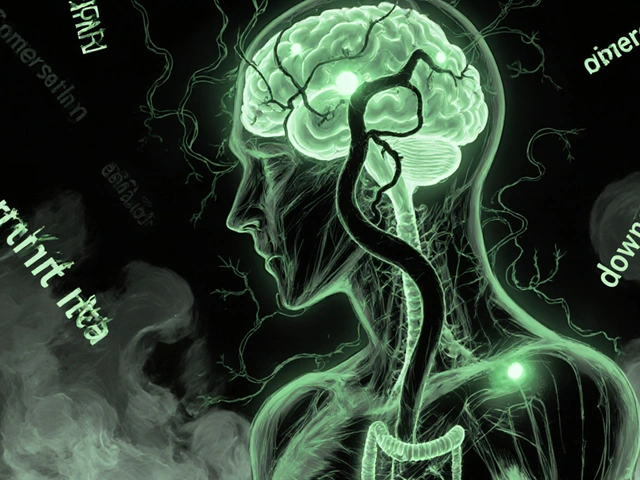Dizziness: Why It Happens and What You Can Do About It
Dizziness can catch you off guard anywhere—standing up, after taking a pill, or while just minding your day. Not just ‘feeling woozy,’ it can feel like the world is spinning, or you’re about to faint. Whatever it feels like for you, that off-balance sensation is hard to ignore. Here’s what’s really going on and what you can do right now.
So, why do you suddenly feel dizzy? Dehydration is a big one—skip a few glasses of water, and your head might start spinning. Low blood sugar can do the same, especially if you haven’t eaten in a while. Medications like blood pressure pills, antidepressants, and even common pain meds list dizziness as a side effect. Ever started a new medication and felt lightheaded for the first few days? You’re not alone.
Sickness can mess with your balance, too. Viral infections that affect your inner ear are a classic example. Suddenly, you’re dizzy every time you move your head. Other common triggers? Standing up too fast, especially if you’ve been sitting for a bit. The change in blood pressure can leave you seeing stars for a moment or two.
It’s not just about feeling unsteady. Dizziness might come with other symptoms like nausea, headaches, blurred vision, or even hearing changes. If you notice you’re stumbling or the world starts spinning every time you tilt your head, it usually points to your ear or nervous system.
Treating dizziness really comes down to what’s causing it. If you’re low on fluids, start drinking water. If a medication’s listed dizziness as a side effect, talk to your pharmacist or doctor. Don’t just tough it out—sometimes a small change in your dose or switching medicines makes all the difference.
If you keep feeling dizzy and can’t figure out why, or if it comes with chest pain, weakness, or fainting, don’t wait it out. Those can be signs of more serious issues like heart problems or stroke. In that case, get checked right away.
Worried about medications that might make you dizzy? Drugs for blood pressure (like Hypernil or Nifedipine), antidepressants (Zoloft, Ventodep ER), and even steroids (Medrol) can cause that floaty feeling. Always read the info that comes with your medicine and keep your doctor in the loop.
If you’re shopping for meds online, look out for scams. Stick with pharmacies that require a real prescription and list out possible side effects, including dizziness. Websites like J&J Pharmaceuticals break down medication risks and tips for staying safe while buying online.
Simple tricks can help: stand up slowly, avoid fast head movements, and keep hydrated. If you drive or use machinery, see how you feel before getting behind the wheel. It’s all about paying attention to your body’s signals before something bigger happens.
Curious about which meds cause dizziness or want to know how to tackle it fast? Check out our reviews and guides—whether it’s making sense of side effects or finding safe places to get your drugs, J&J Pharmaceuticals has you covered with the honest info you need.

Spironolactone and Alcohol: Dangers, Drug Interactions, and Dizziness Explained
Ever wondered why mixing spironolactone and alcohol leaves you feeling more dizzy than usual? This detailed guide digs into how both affect your body, why their combination spells trouble, and what the heck pharmacodynamics means in everyday terms. We’re separating myths from facts, showing you the risks that sneak up when these two collide. You’ll even get real tips to stay safer, smarter, and upright.




